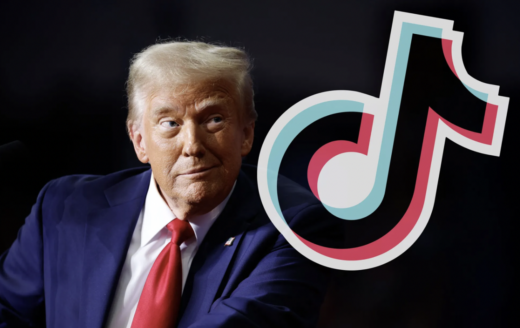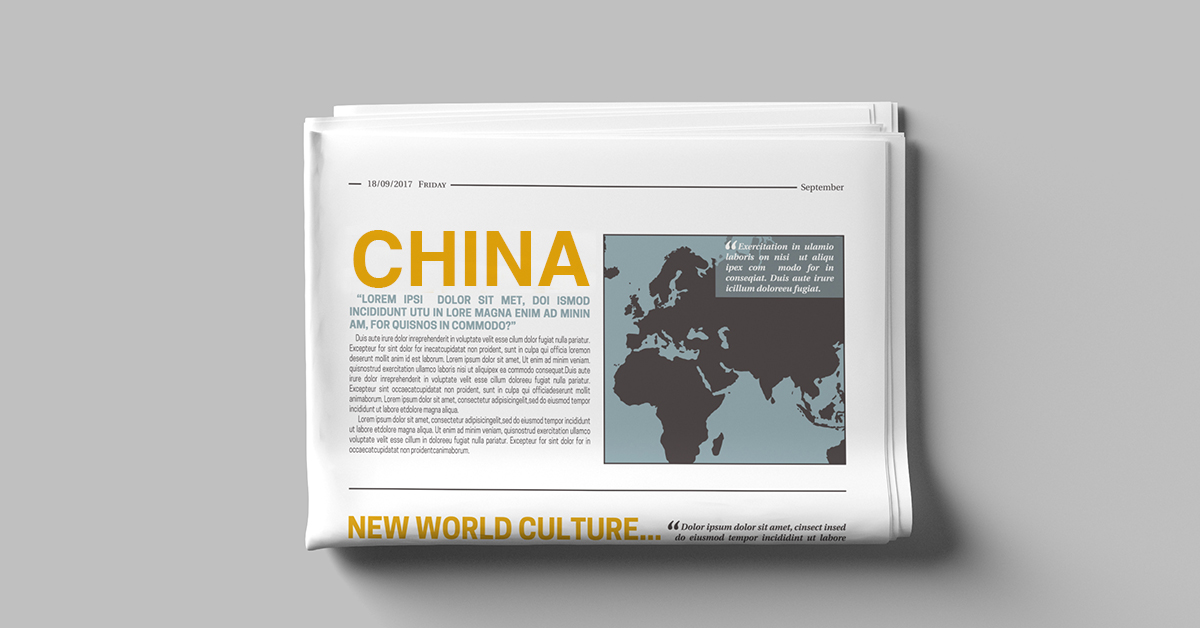China’s EV Race Heats Up: Xiaomi, Xpeng, Leapmotor Drive Record Growth
China’s electric vehicle market surged in March, with Xiaomi, Xpeng, and Leapmotor each delivering around 30,000 vehicles or more—outpacing several competitors. Leapmotor led with 37,095 units, while Xpeng saw 268% year-over-year growth. Market leader BYD dominated with 371,419 vehicles sold, and Tesla trailed behind with a decline in Chinese sales. Xiaomi’s record month was clouded by a fatal crash involving its SU7 model in autopilot mode. First-quarter data shows BYD outperforming Tesla globally in EV sales, while newer entrants like Xpeng and Leapmotor continue their upward trajectory.
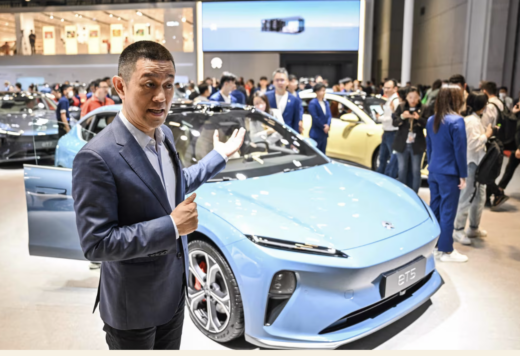
Douyin Moves to Demystify Its Algorithm Amid Government Scrutiny
Douyin, the Chinese owner of TikTok, has launched a transparency website (95152.douyin.com) explaining how its recommendation system works, aiming to ease public concern amid a national push for algorithm accountability. The site describes the algorithm as a tool that identifies patterns in user behavior—like likes, shares, and watch time—without “understanding” content or spying on users. The move follows a broader regulatory campaign by China’s Cyberspace Administration to rein in algorithm misuse.

Alibaba Prepares to Launch Qwen 3 AI Model Amid Fierce Domestic Competition
Alibaba is set to release Qwen 3, the next iteration of its flagship AI model, possibly later this month, according to Bloomberg. The move comes amid rapid innovation in China’s AI space, driven by the rise of DeepSeek, whose cost-effective models have challenged both domestic and Western rivals. In January, Alibaba quickly released Qwen 2.5-Max in response to DeepSeek-V3’s success, even launching during Lunar New Year to keep pace. As DeepSeek readies its next-generation model for release by May, Alibaba and other tech giants are racing to maintain relevance.
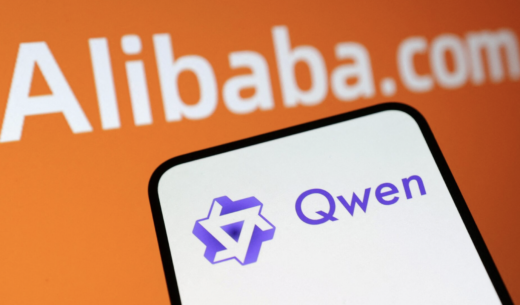
Meta’s $1B AI Data Center in Wisconsin Could Clash with Trump’s Tariff Agenda
Meta is reportedly investing nearly $1 billion in a new AI-focused data center in central Wisconsin, part of its broader $65 billion push into AI infrastructure. While the state struck a deal earlier this year with an undisclosed company, Bloomberg now confirms Meta is behind the project. The expansion comes as tech giants scale up computing power to support AI platforms like ChatGPT and Google Gemini. However, analysts warn Trump’s sweeping new tariffs may undercut these efforts by driving up hardware and construction costs.
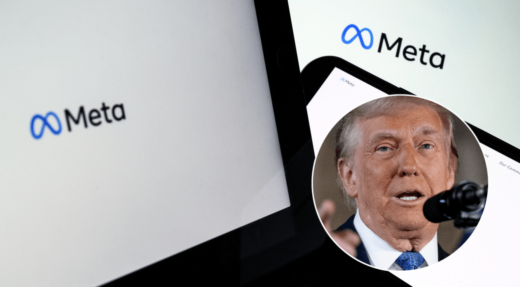
Intel and TSMC Explore Joint Venture as U.S. Pressures Mount
Intel and TSMC are in early talks to form a joint venture to operate Intel’s chip factories, with TSMC reportedly taking a 20% stake. The White House has urged the partnership to address Intel’s long-running struggles and revive U.S. semiconductor competitiveness. Intel recently appointed veteran Lip-Bu Tan as CEO after reporting an $18.8 billion loss in 2024—its first since 1986. Meanwhile, TSMC is investing $100 billion to expand its U.S. footprint with five new chip facilities. The deal could be a turning point for Intel, which has lagged behind in the AI-driven chip boom and lost major market value last year.
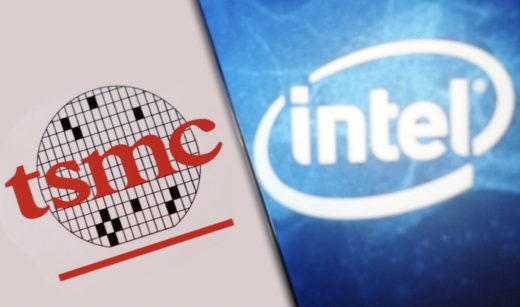
Apple Hit Hard: $250 Billion Wiped Out Amid Trump’s Tariff Blitz
Apple lost over $250 billion in market value as its stock plunged 8.5% following President Trump’s announcement of sweeping new tariffs—starting at 10% across the board and up to 54% for Chinese imports. The move triggered a tech stock sell-off, with Tesla, Nvidia, Meta, and Amazon also taking major hits. Apple, heavily reliant on Asian manufacturing, faces steep new costs across its entire product line. CEO Tim Cook now faces a tough choice: raise prices or absorb massive losses. Analysts call the policy “worse than a worst-case scenario” for tech investors.
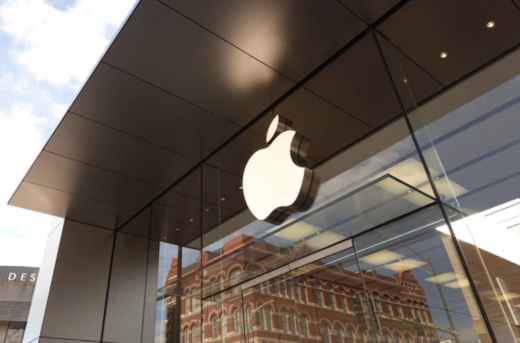
Trump Floats TikTok Deal in Exchange for Tariff Relief
President Trump signaled he may ease tariffs on Chinese imports if China approves the sale of TikTok to a non-Chinese buyer. Speaking aboard Air Force One, Trump framed the TikTok situation as leverage: “We could use tariffs in order to get something in return.” The short video app, owned by ByteDance, faces a looming April 5 deadline to avoid a U.S. ban. This comes just one day after Trump unveiled sweeping tariffs, including a 54% rate on Chinese goods.
